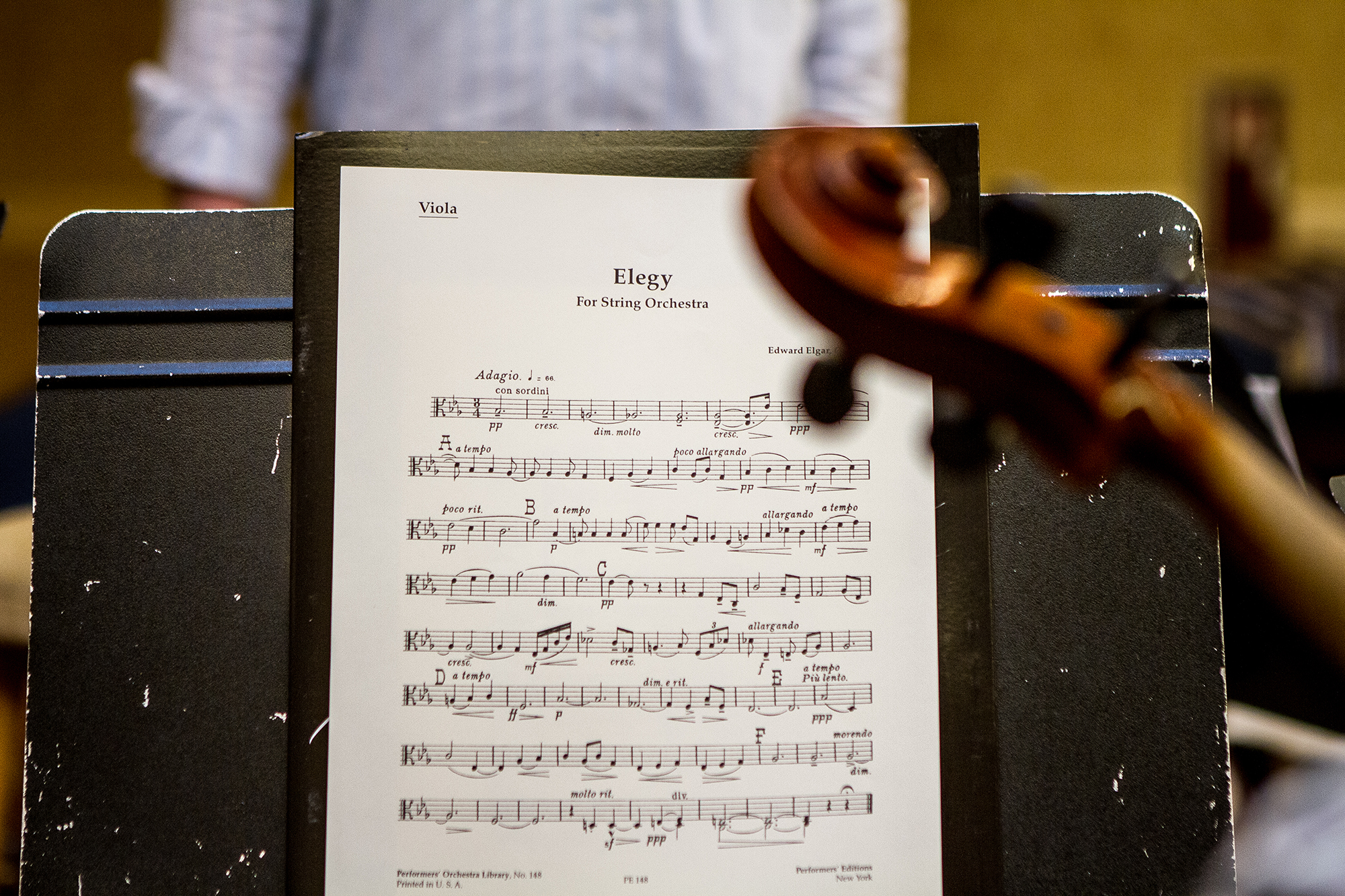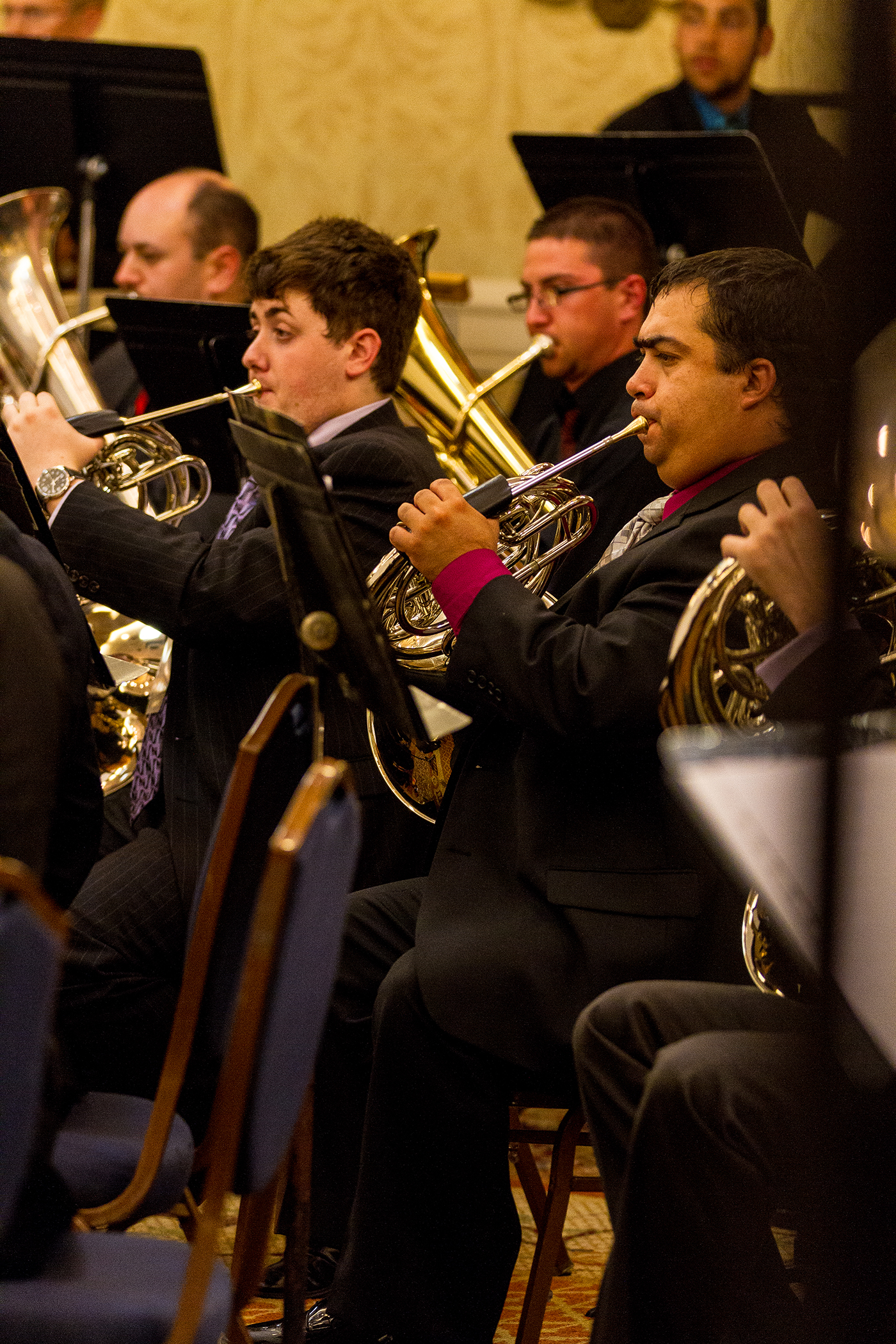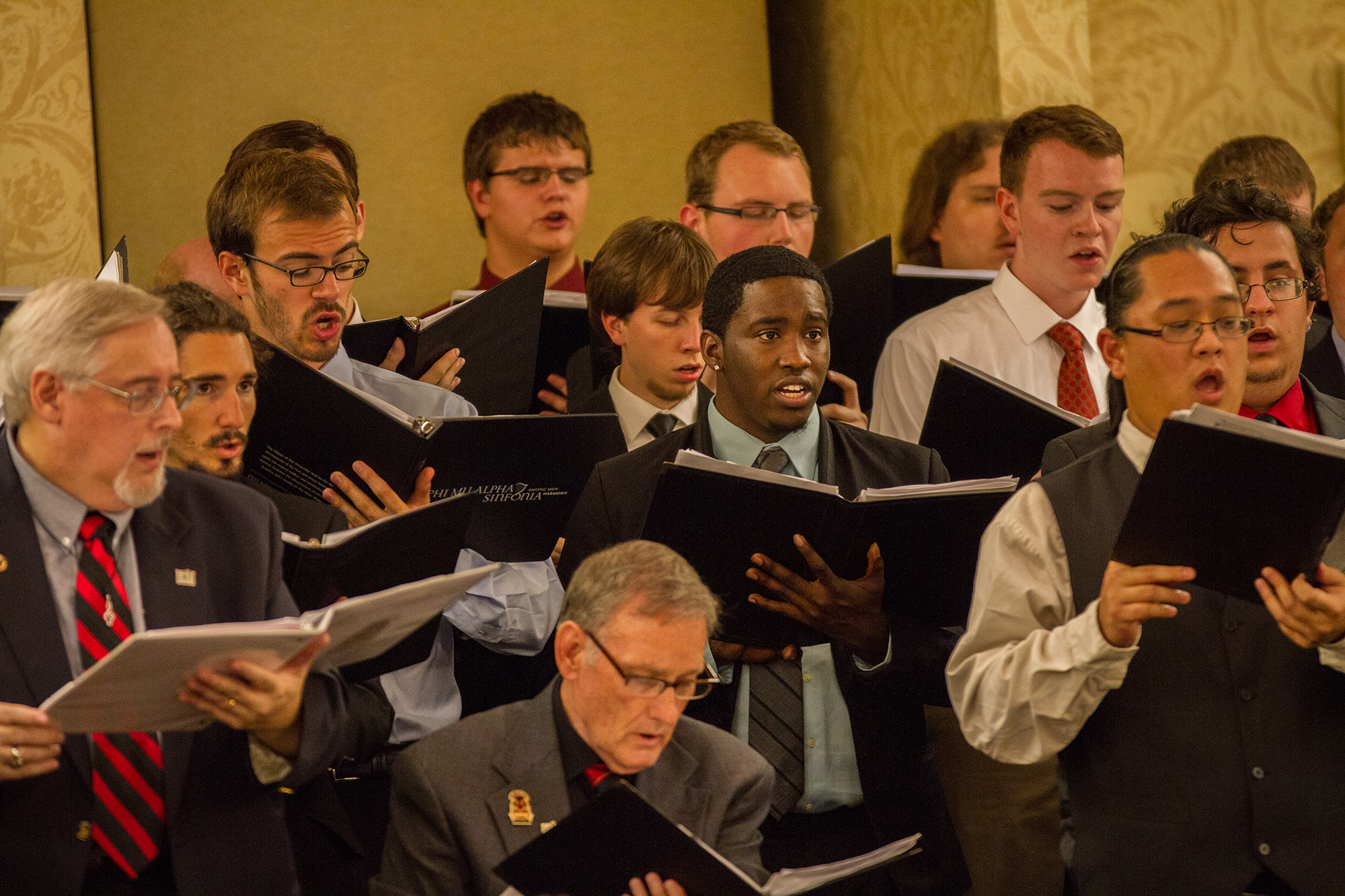Advocacy During Crisis
Recently, two schools – Edinboro University of Pennsylvania (Lambda Gamma) and Clarion University of Pennsylvania (Omicron Mu) – announced that they were cutting their music and music education programs. Current students will be allowed to continue their education, but no new students will be accepted, with the programs being phased out in the coming years. The cuts were not isolated to music; at least at Edinboro, several other departments experienced cuts as well. But music was hit the hardest. Sinfonia has chapters at both of these universities, so the brotherhood as a whole is affected by this unfortunate news.

The common response from many in these situations is some mixture of disappointment and outrage. But it can be accompanied with a sense of helplessness, because it can be hard to see the path to reversing such decisions.
The decisions at Edinboro and Clarion are not isolated incidents. Hundreds of schools will, at some point, feel the crunch of budget cuts, or be tempted to make sweeping cuts in response to flagging enrollment numbers. These are factors that contributed to the decisions of both schools. This can complicate any response, because it isn’t that the administrators fail entirely to see the value in music (though this can sometimes be true), but that the financial realities wound too deep to justify the continued existence of the program. And these conversations echo the same struggles faced by many high schools and middle schools, whose own cuts directly influence the universities that our brothers attend.
Reactive Advocacy
The situations at Edinboro and Clarion provide an example of where proactive advocacy is unfortunately no longer possible.
The following is a quick “How To” from the National Association for Music Education (NAfME) on the basics of advocacy in crisis.
http://advocacy.nafme.org/files/2012/04/advocacy_flyer_1_2pg.pdf
The basic steps each require an amount of effort, but are fairly simple to accomplish:
- Know the Facts: NAfME provides an amazing repository of information on this at the following link: http://advocacy.nafme.org/make-your-case
- Know the Arguments: Why is the program being cut? What benefits of music aren’t they aware of?
- Power Structure: Figure out who holds the most influence, either individuals or organizations. That is your starting point.
- Involve the Media: Media outlets routinely cover these stories anyway. Why not lend your voice to this coverage?
- Follow Up: Be respectful and thankful to any who are willing to speak with you.
The fact that the decisions may not be reversed is not a reason to be silent. Whether in direct opposition to something that affects you, or simply to help a brother in need, letting those in power know what they are giving up by cutting music can help plant seeds of change that may find fruition in ways unforeseen.
The Importance of Non-Musicians
 If a music teacher argues for music education, it can be seen as self-serving. This isn’t necessarily fair, because we know that there are other benefits to music education, and that many music educators do so out of a love of their profession, their students, and their art, not strictly for personal gain.
If a music teacher argues for music education, it can be seen as self-serving. This isn’t necessarily fair, because we know that there are other benefits to music education, and that many music educators do so out of a love of their profession, their students, and their art, not strictly for personal gain.
But perception matters in educational decisions, which often aren’t far from political decisions (or are at least influenced by politics). This is why the strongest advocacy can often come from those without a personal stake in the outcome.
Advocacy can be simple: Write a letter, talk to the media when a story breaks, attend concerts or support local musicians.
But advocacy can also be more: join, support, or help to start a local Boosters organization. Or make it a point to routinely let administrators know the value of their music programs. The same tactics are not always applicable in higher education that are used for K-12 schools, but many of the same principles apply. And a community that supports its music is far less likely to see it disappear.

Proactive Advocacy
A simple recommendation that comes down from province leaders, national leaders, and the National Staff is that each chapter or alumni association promote their collective efforts in music and education. Putting on a recital? Broadcast it locally. Mills Music Mission? Make sure local businesses and media outlets know about it.
One benefit of this is to share the beauty of our Object through music. But another benefit is that a wider community can see the value and contributions of musical organizations, and of music programs. This awareness and support can influence leaders when they face budget decisions.
The same “How To” guide above also outlines what to do in better times. Because an existing music program, however strong, is not immune to the same influences that have doomed other institutions.
“Not everyone knows the value of music,” said Brother Michael Butera, Iota Lambda (Duquesne) ’65, Executive Director of NAfME, while at Phi Mu Alpha’s 2012 National Convention. “We know it, Phi Mu Alpha knows it, but we need to share that passion.”
Support
For the brothers and alumni of Edinboro and Clarion Universities, this is no longer just an academic exercise, but a grim reality. Our continued support goes out to the brothers at Lambda Gamma and Omicron Mu, and the brothers of Province 39 as a whole.
If you have further information on developments at either school, or wish to contact the chapters, please contact us at advocacy@sinfonia.org.
